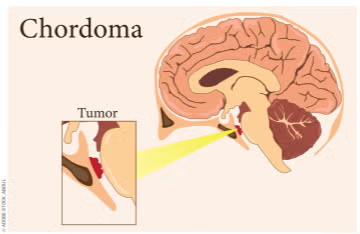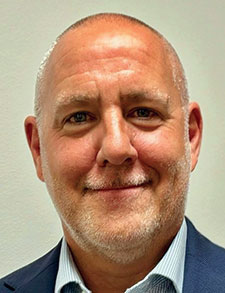Authors present insights from pediatric otolaryngologists worldwide on the use of LMAs in tonsillectomy, focusing on practical guidance for junior residents to improve confidence and patient outcomes.


Authors present insights from pediatric otolaryngologists worldwide on the use of LMAs in tonsillectomy, focusing on practical guidance for junior residents to improve confidence and patient outcomes.

TXA is increasingly used in otolaryngology to reduce intra-operative and post-operative bleeding, supported by evidence from emergency medicine and orthopedic surgery. Its safety profile is strong, and it is administered intravenously or orally, with emerging use in pediatric and adult otolaryngologic procedures.


Otolaryngologists discuss significant changes in their practices, highlighting advancements in technology, challenges with insurance, and evolving patient communication methods.

Patient advocacy organizations like the Chordoma Foundation and SMARCB1 Hope play a crucial role in supporting patients with rare sinonasal and skull base tumors by providing resources, fostering research, and building community connections. Their efforts highlight the importance of collaboration between patients, clinicians, and researchers to improve outcomes and care.

Chronic cough affects about 10% of people globally and can persist for many years, often requiring a multidisciplinary approach for diagnosis and treatment. Recent research suggests that chronic cough should be considered a distinct disease, with neurogenic mechanisms playing a significant role in some cases.

Correctly identifying the origin or cause of VPI is critical to successful treatment. Surgeons share their thoughts on treating velopharyngeal insufficiency with injectables.

CMA members’ concerns about a recent reimbursement policy change Blue Shield had announced regarding evaluation and management (E/M) services billed with the Current Procedural Terminology (CPT) modifier 25. The new policy would reduce by 50% reimbursement for any non-preventive E/M service appended with modifier 25 and billed with a minor procedure code.

VBC (value-based care) is coming to otolaryngology offices within the next five years through the Centers for Medicare and Medicaid Services (CMS) initiatives, and otolaryngology needs strategies for responding to how value, outcomes, and cost will be captured and measured

Fundamental to medical decision making is the challenging task of weighing the benefits against the risks of any given treatment decision. Clinical guidelines and protocols help with this decision making, which is further informed by physician judgment, particularly when the evidence is weak or lacking.